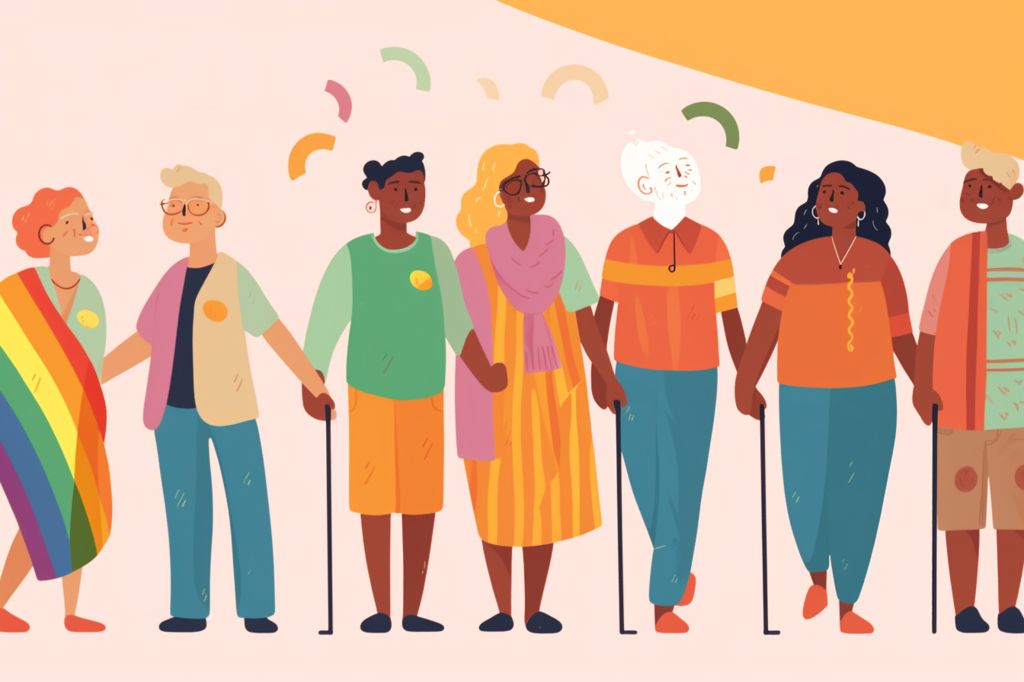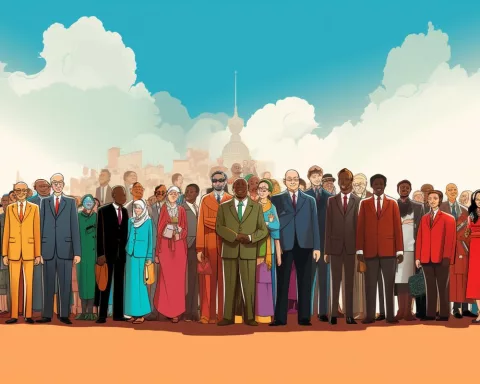As June approaches, we prepare to celebrate International Pride Month and acknowledge the progress made in the battle for LGBTQ+ rights in South Africa. While Cape Town is known for its tolerance and acceptance, it is crucial to remember the ongoing challenges faced by the LGBTQ+ community. This article will explore the story of Pride in South Africa, highlighting achievements and the continuous efforts required to create a secure and inclusive environment for everyone.
The Emergence of Pride in South Africa
The history of Pride in South Africa can be traced back to the dark days of apartheid when marginalized communities, including the LGBTQ+ community, faced discrimination and persecution. In the midst of oppression, activists and allies mobilized to demand equality and acceptance. During this period, the first Pride marches emerged worldwide, serving as symbolic platforms to convey visibility, solidarity, and resilience.
South Africa’s First Pride March
On October 13, 1990, South Africa held its first Pride march in Johannesburg, organized by the Gay and Lesbian Organization of the Witwatersrand (GLOW). While the event drew a small number of participants, it marked a historic moment in the nation’s LGBTQ+ rights movement.
Cape Town Pride
Cape Town’s cultural diversity and progressive perspective have made it a significant force in South Africa’s LGBTQ+ rights movement. In the early 1990s, activists organized the first Cape Town Pride march, setting the stage for other cities across the nation to follow. The Triangle Project, a local LGBTQ+ rights organization, orchestrated the event, which brought together activists, supporters, and community members from different backgrounds and orientations to celebrate and advocate for LGBTQ+ rights.
A Pivotal Moment for LGBTQ+ Equality
In 1994, South Africa adopted a new constitution, becoming the first country to prohibit discrimination based on sexual orientation. This decision was a groundbreaking step towards ensuring unparalleled protection for LGBTQ+ individuals. In 2006, South Africa also legalized same-sex marriage, joining the ranks of a few countries demonstrating their commitment to equality and love under the law.
Evolving Pride
Today, Pride in South Africa has evolved beyond mere parades and festivities and has become a platform for education, awareness, and advocacy. Cape Town’s Pride events have expanded significantly, with a growing focus on fostering inclusivity, representation, and intersectionality. These events celebrate the accomplishments of the LGBTQ+ community and remind us that the fight for equality is far from over.
Ongoing Struggles
Despite significant progress towards LGBTQ+ equality, many individuals continue to face struggles due to their sexual orientation or gender identity. Hate crimes, stigma, and social barriers persist, and the battle for acceptance continues. As we commemorate Pride, let us remember that it serves as a call to action to address these challenges and work towards building a more inclusive society.












